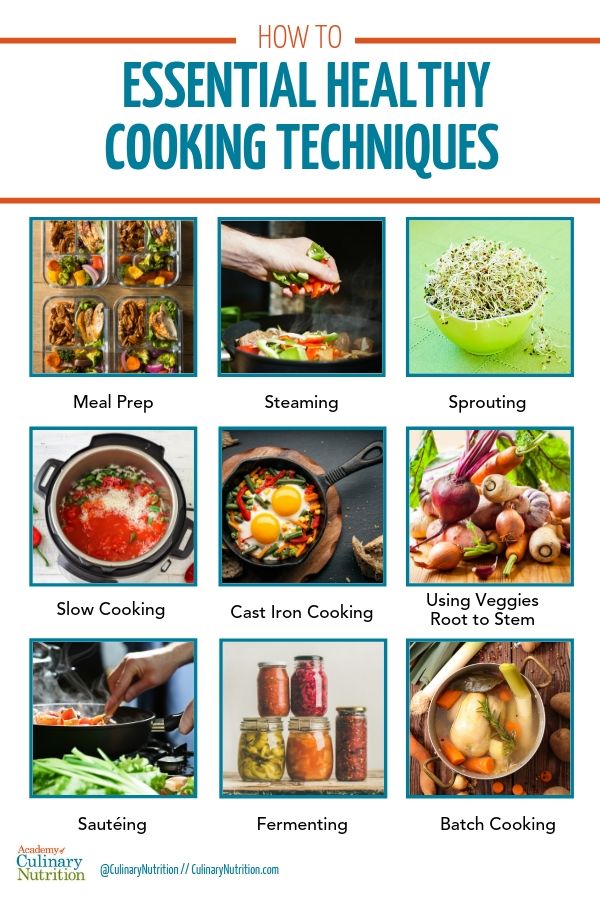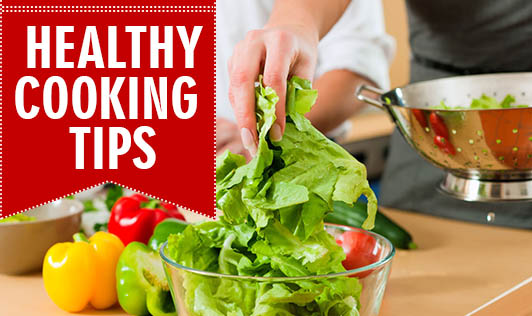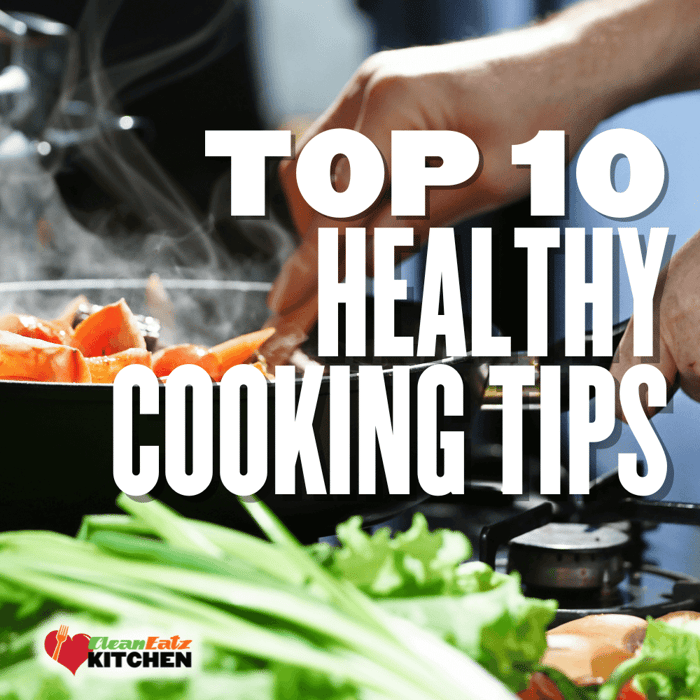Healthy eating isn’t about strict diets or giving up your favorite foods—it’s about balance, making smarter choices, and cooking with care. By learning a few simple techniques, you can transform your meals into something both delicious and nourishing. Here are ten essential tips for wholesome cooking that will help you eat well, feel better, and stay energized every day.
1. Choose Whole and Natural Ingredients
Whole foods—like fresh fruits, vegetables, whole grains, lean proteins, and healthy fats—are packed with nutrients your body needs. Shopping the outer aisles of the grocery store helps you avoid highly processed snacks loaded with sugar, salt, and preservatives.

2. Cook with Healthy Fats
Good fats, such as olive oil, avocado oil, nuts, and seeds, support brain function and heart health. Limit unhealthy fats like margarine and processed vegetable oils. Remember: even healthy fats are calorie-dense, so moderation is key.

3. Reduce Added Sugar and Salt
Too much sugar and salt increases the risk of obesity, hypertension, and heart disease. Replace sugar with natural sweeteners like honey or fruit, and enhance flavor with herbs and spices instead of extra salt.

4. Fill Half Your Plate with Fruits and Vegetables
Colorful produce provides fiber, antioxidants, vitamins, and minerals. Aim to include a variety of colors at every meal—green leafy vegetables, orange carrots, red tomatoes, and purple berries—to maximize nutrition.

5. Cook at Home More Often
Preparing meals at home gives you full control over ingredients and cooking methods. It’s healthier, often cheaper, and lets you experiment with recipes. Batch cooking on weekends can save time during busy weekdays.
6. Experiment with Healthy Cooking Methods
Steaming, grilling, roasting, and sautéing enhance natural flavors without drowning food in oil. Try marinating proteins or vegetables with herbs for extra flavor without relying on sugar or salt.

7. Practice Mindful Eating
Eating slowly, savoring flavors, and paying attention to hunger cues prevents overeating and improves digestion. Put away distractions like phones or TV and enjoy each bite with awareness.
8. Read Food Labels Carefully
Packaged foods often hide unhealthy additives. Always check ingredient lists and nutrition facts. Look for shorter lists with recognizable, natural ingredients and avoid items high in sugar, sodium, or trans fats.
9. Control Your Portions
Even healthy meals can lead to weight gain if portions are too large. Use smaller plates, balance your plate (½ vegetables, ¼ protein, ¼ whole grains), and stop eating when you feel satisfied, not stuffed.
10. Stay Hydrated
Water is essential for digestion, nutrient absorption, and energy. Aim for at least 8 glasses a day, and complement with herbal teas or fruit-infused water. Avoid sugary drinks that add empty calories.
Final Thoughts
Wholesome cooking is about progress, not perfection. By choosing whole ingredients, cooking at home, and practicing mindful eating, you’ll build habits that improve both your health and happiness. Start with one or two changes today, and over time they’ll become second nature.